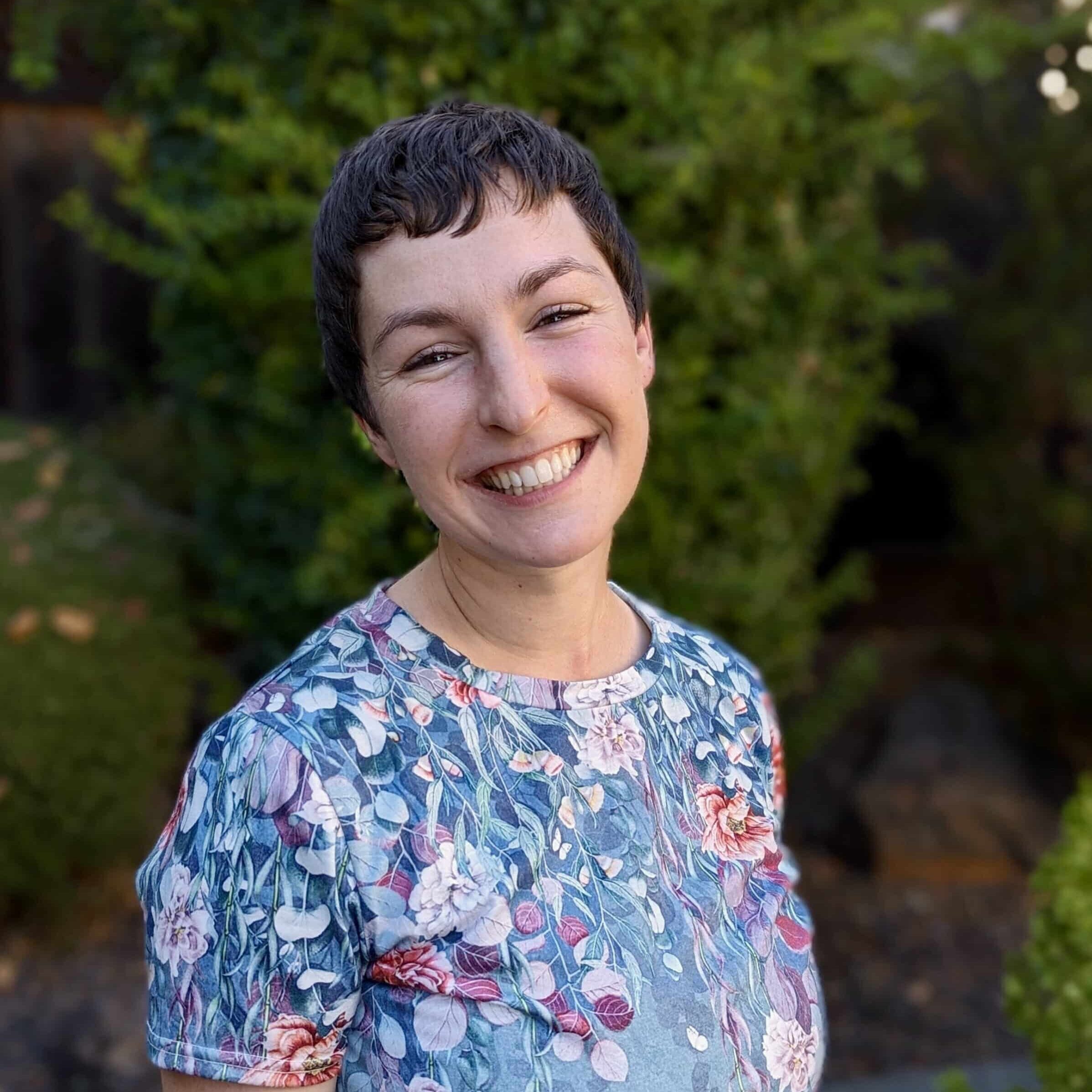Mindfulness-based relapse prevention (MBRP) is an eight-session group experience that integrates cognitive-behavioral strategies and mindfulness-based practices. The practices and skills are designed to increase awareness of potentially triggering cues and situations and to decrease cognitive and behavioral reactivity by repeatedly observing, without reacting, the cravings and urges and their associated affective or physical discomfort. Empirical findings suggest that MBRP leads to improved ability to respond constructively to negative affect and cravings and significant reductions in the use of drugs and alcohol. MBRP appears to be a promising intervention for people with histories of alcohol and drug misuse.
Research indicates that “Eight weeks of Mindfulness-Based Stress Reduction (MBSR) was found to increase cortical thickness in the hippocampus, which governs learning and memory, and in certain areas of the brain that play roles in emotion regulation and self-referential processing. There were also decreases in brain cell volume in the amygdala, which is responsible for fear, anxiety, and stress – and these changes matched the participants’ self-reports of their stress levels, indicating that meditation not only changes the brain, but it changes our subjective perception and feelings as well. In fact, a follow-up study by Lazar’s team found that after meditation training, changes in brain areas linked to arousal and mood were also linked to improvements in how participants said they felt — i.e., their psychological well-being” (Sarah Lazar and her team at Harvard). Mindfulness Meditation helps relieve our subjective levels of anxiety and depression and improve attention, concentration, and overall psychological well-being.
Develop awareness of habitual reactions and personal triggers, and learn ways to create a pause in this seemingly automatic process.
Change our relationship to discomfort, learning to recognize challenging physical and emotional experiences and responding to them in different, skillful ways.
Foster a nonjudgmental, compassionate approach toward ourselves and our experiences, especially negative ones
Build a lifestyle that supports both mindfulness practice and recovery.
In addition, mindfulness-based relapse prevention can be compared with Treatment As Usual (TAU). “Participants assigned to Mindfulness-Based Relapse Prevention (MBSR) and cognitive therapy Relapse Prevention (RP) reported significantly lower risk of relapse to substance use and heavy drinking and, among those who used substances, significantly fewer days of substance use and heavy drinking at the 6-month follow-up. Cognitive-behavioral RP showed an advantage over MBRP in time to first drug use, however at the 12-month follow-up, MBRP participants reported significantly fewer days of substance use and significantly decreased heavy drinking compared with RP and TAU.”
Reductions in the severity of craving in the current study may be explained by increases in awareness of sensations, thoughts, and emotions that accompany craving, coupled with encouraging acceptance of and non-reactivity to the craving response. Repeated exposure to triggering stimuli during which participants practice non-reactivity may, over time, result in habituation, thereby decreasing the intensity of the initial craving reaction. Corner Canyon Health Centers uses mindfulness-based relapse prevention techniques to ensure post-treatment success for our clients. Call us at 877-717-6237 to learn more about mindful recovery.
Sarah Bowen, PhD1; Katie Witkiewitz, PhD2; Seema L. Clifasefi, PhD1; et al
